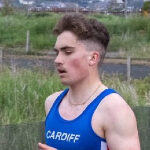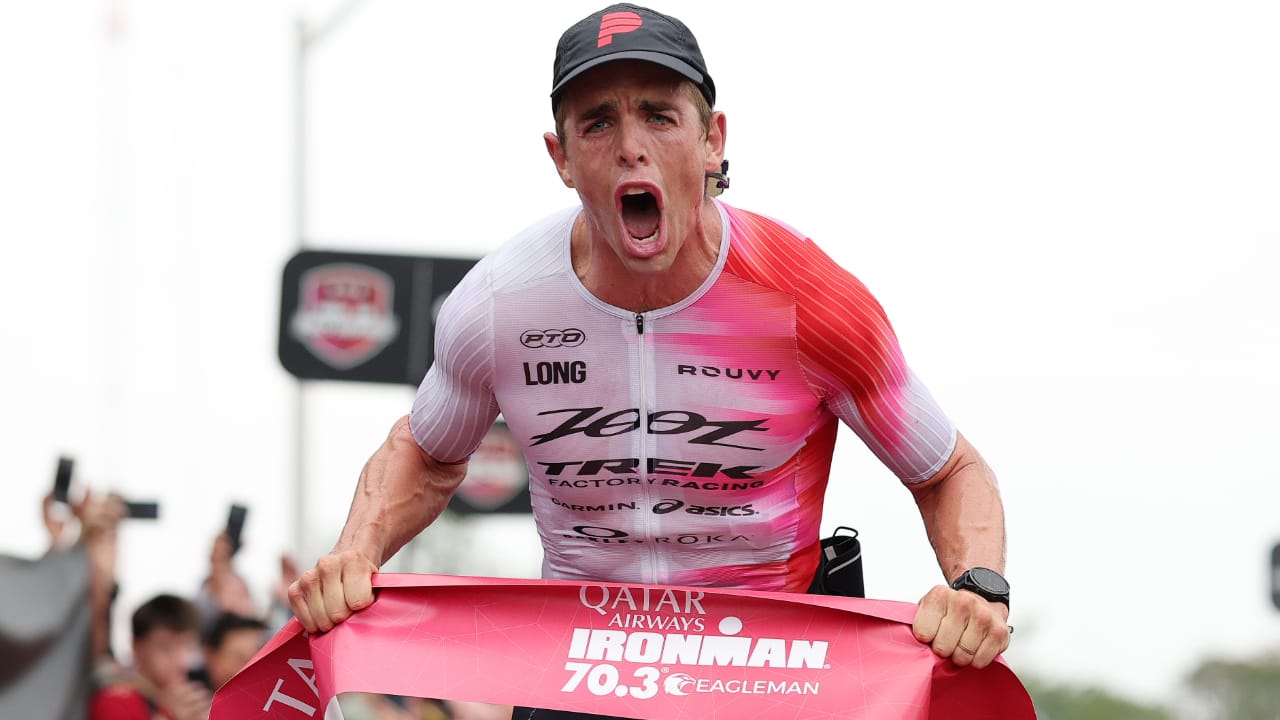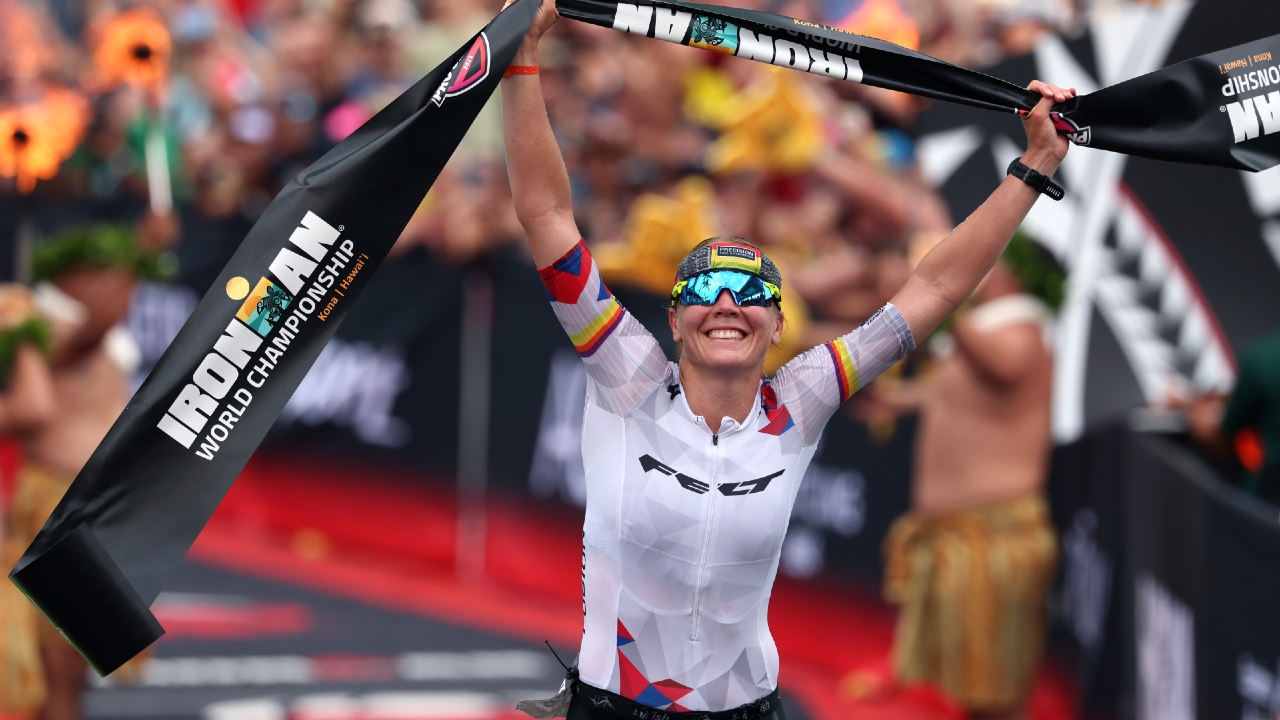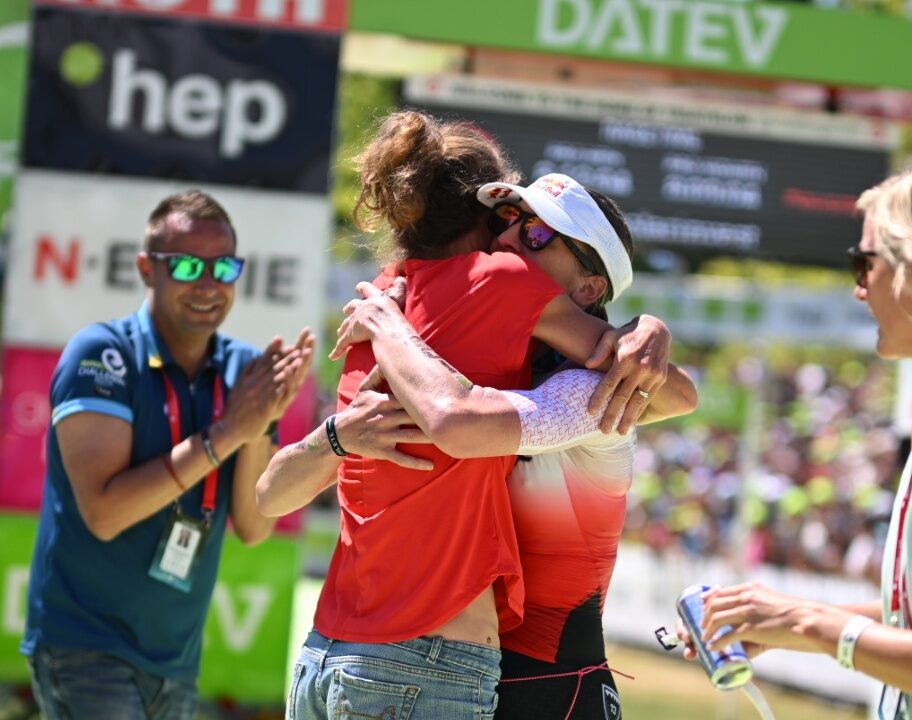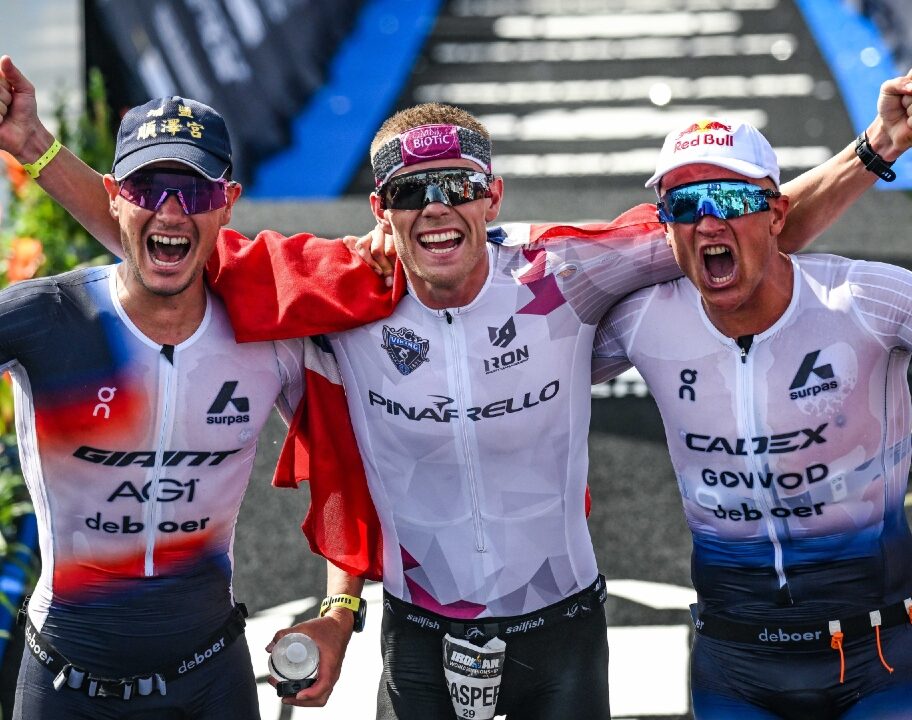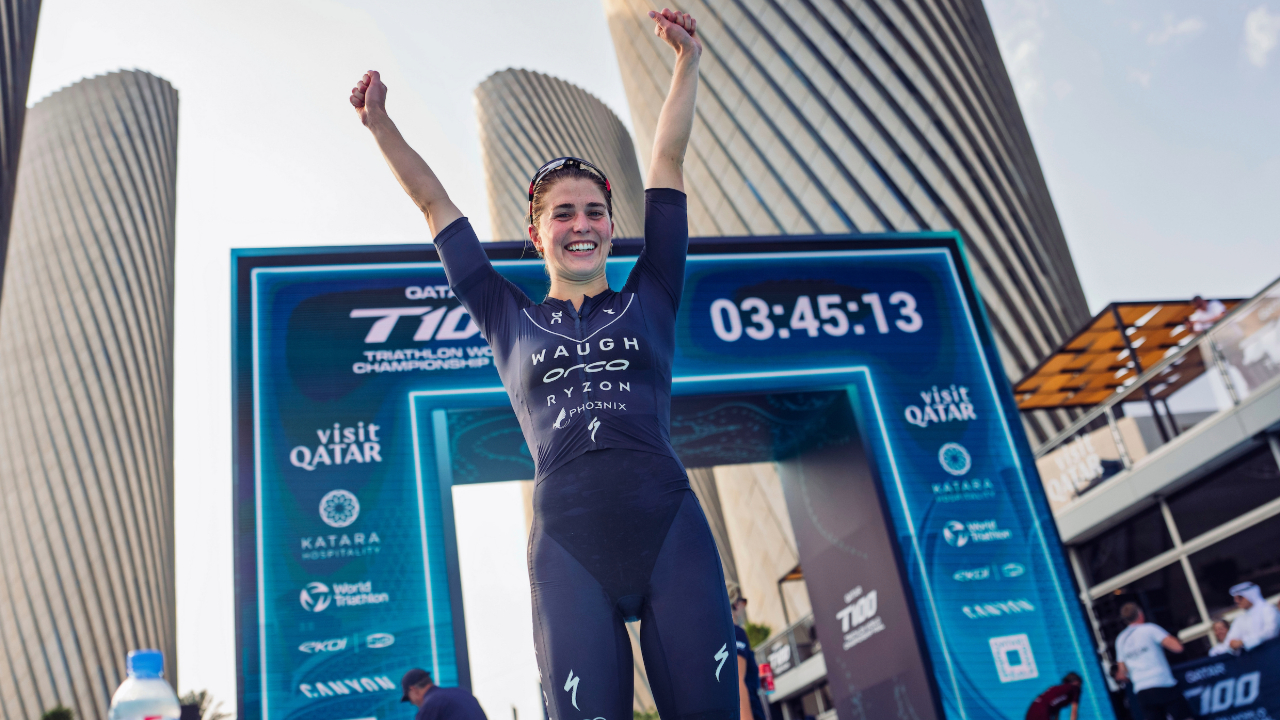Having given a concise and measured account on what he believes are the failings of British Triathlon within long-course triathlon on the Talking Triathlon podcast, David McNamee also delivered a damning verdict on another hot topic.
Addressing the saturated long-course schedule, along with what he sees as the PTO’s biggest flaws, the man who has made the podium twice at Kona shared his vision for the future.
McNamee on professional schedule
Citing the swamped elite professional schedule spanning the next six weeks, McNamee says that it’s time for a change, with race organisers needing to come up with a more streamlined and cohesive approach (listen to the full podcast episode below).
“Right now, there are just too many players involved and they all want the same thing, so there’s this fracture now on the professional side that’s not doing any good to promote the sport. We now have two PTO races, the Ironman 70.3 World Championships and the Ironman World Championships, all within the next six weeks.
“Athletes are choosing what they are doing based on what’s best for themselves, which is understandable and the best aren’t racing each other, which from the standpoint of getting the media involved is made harder when there are so many events going on.
“I think that for as long as the main race organisers are fighting against themselves, growing the sport from the professional side of things will be very difficult.”
Athlete withdrawals a major problem
One specific issue that McNamee dialled in on was the late withdrawal of athletes from races, especially on the PTO Tour, which has led to inconsistencies between the athletes featuring in the promotional pieces before the races and the competitors who actually toe the line.
“I think that one of the bad things about this is to promote events when athletes pull out at the last moment. I understand some do it through injury but I also think some do it because they never intended to be there, but they didn’t want to refuse their start place at the beginning of the process.
“I think that’s down to a lack of professionalism on the athletes’ side and doesn’t do anything to help the race organisers or promote the sport. The number of times I’ve watched the PTO promote athletes who have entered the races and then don’t show up is incredible and from the PTO point of view, that must be very frustrating.”
Picking up on the PTO Tour European Open in Ibiza, where Frenchman Sam Laidlow was a late withdrawal, McNamee explains that this issue makes it very hard for fans to follow the sport closely and get behind their favourite athletes.
“For a fan of the sport, it just sends a weird message. The PTO spend a lot of money on promoting these people, like Sam Laidlow going into Ibiza, when in the build-up it was all about him taking on the established guard, like Jan [Frodeno] and Kristian [Blummenfelt], and then he moved house.
“I think there’s just not good communication going on and it just makes me scratch my head. From the PTO point of view, I think they need to have the same start line at every event and as an athlete you very much have to commit to being on it.”
“The PTO are in a strange position”
McNamee was also steadfast in his support for a change to the end-of-season bonus, which he says the PTO are pumping a lot of money into and getting little in return.
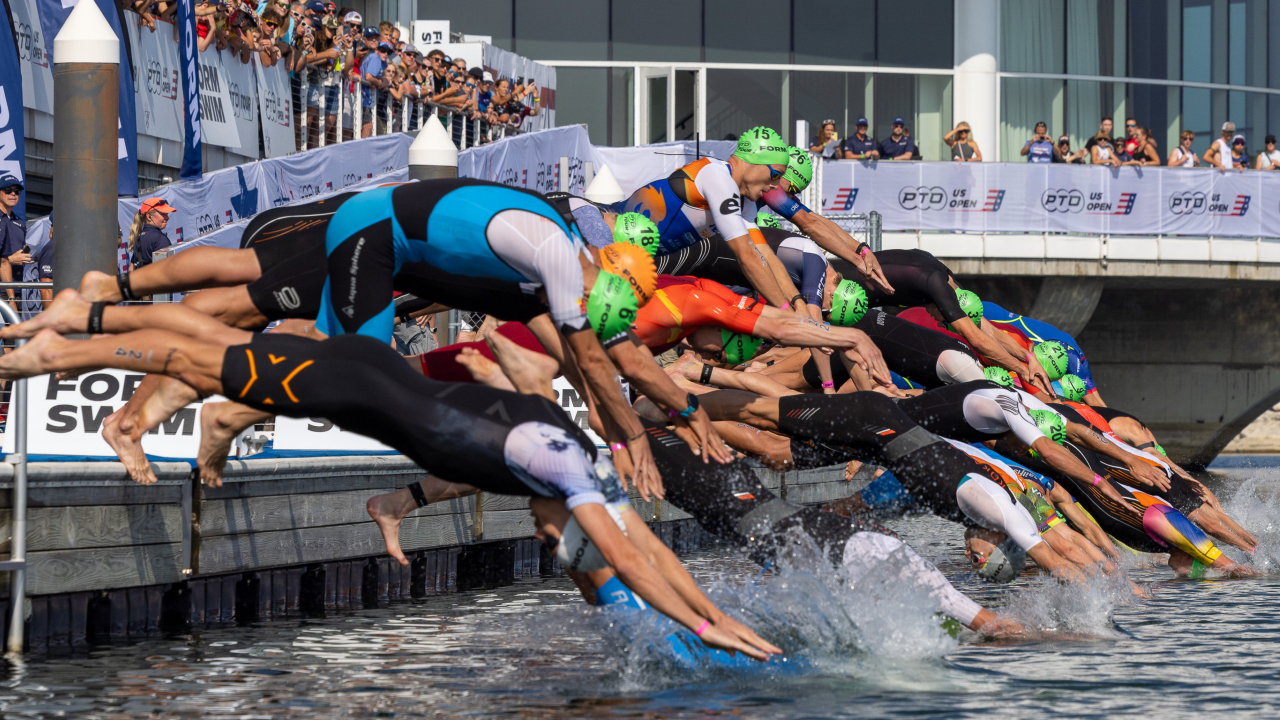
“I think the PTO are in a strange position where they came in as a union for athletes, but a union can’t be privatised. It’s just never going to work and I think they have put out far too much cash in the beginning.
“With the end-of-year bonus, they’re paying out to athletes who don’t even compete in their events and they’re not really getting anything out of it. By the end of this year, they’ll have given out €10 million in rankings bonuses and I don’t know what they’ve got out of it. You can’t say it’s goodwill from athletes because these are the same athletes who drop out of their events the week of the race.
“You need five or six events every single season, with the same guys and girls each year, where people can really get behind the athletes and the sport can grow.”

